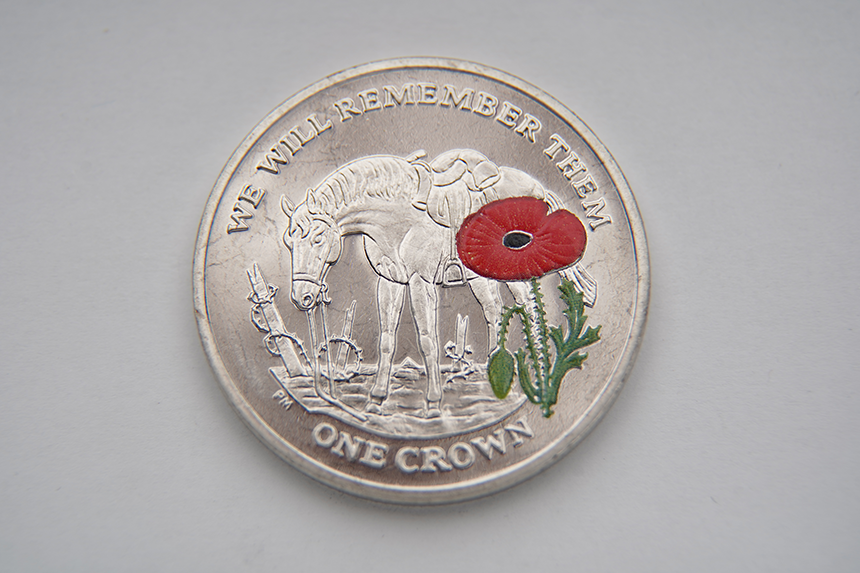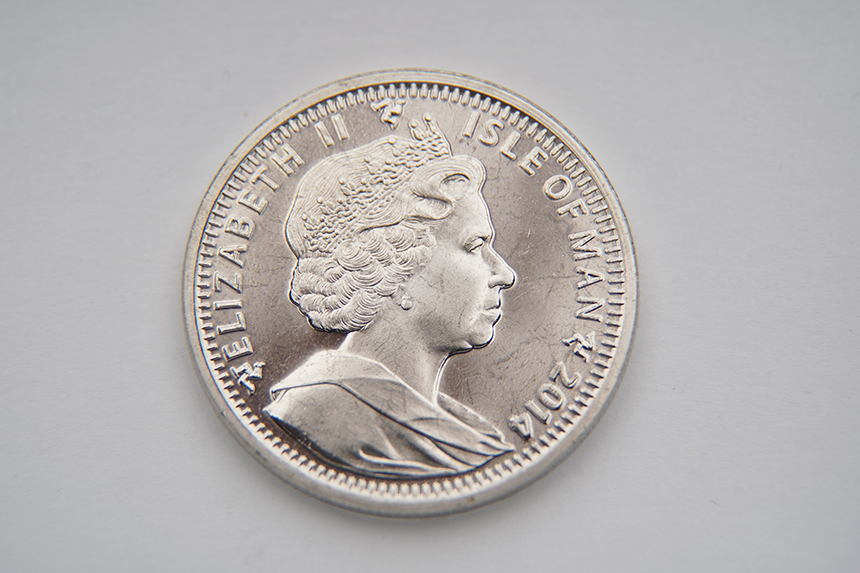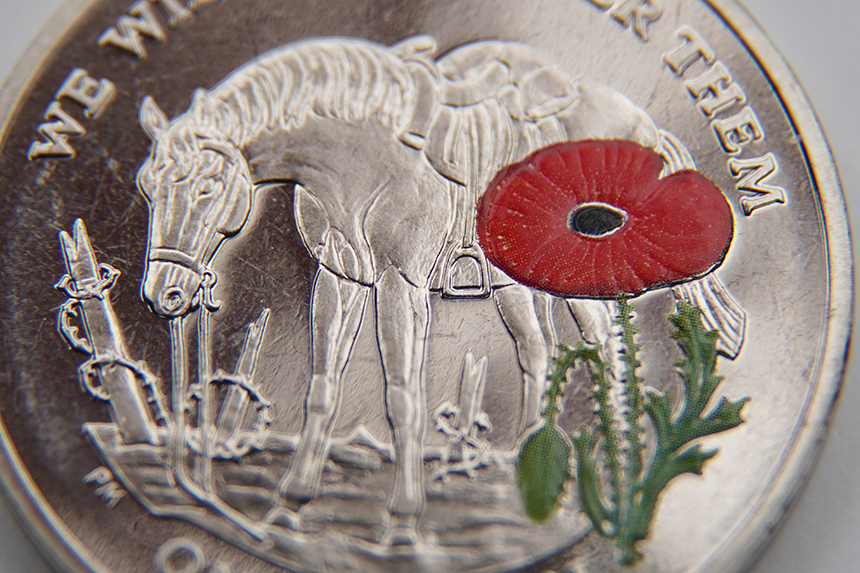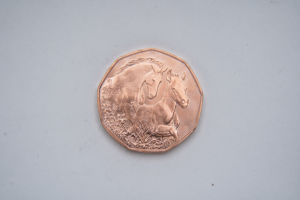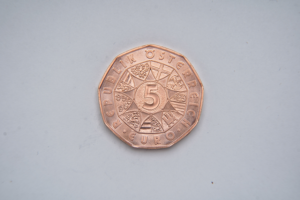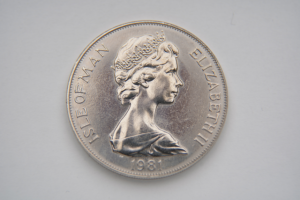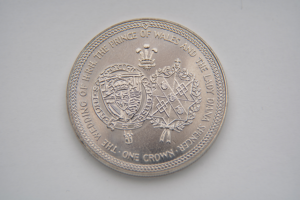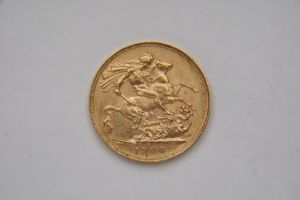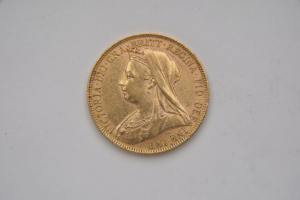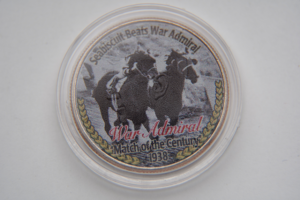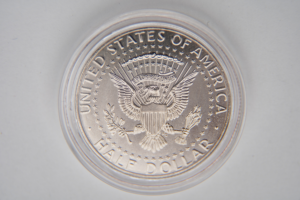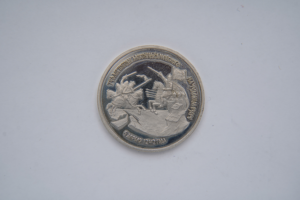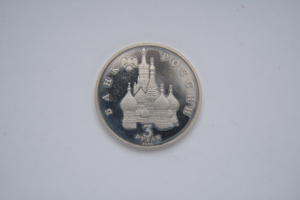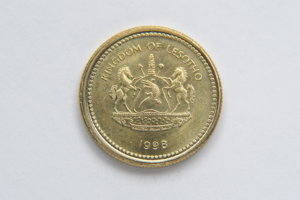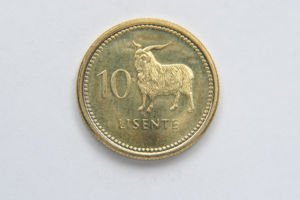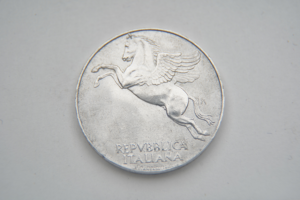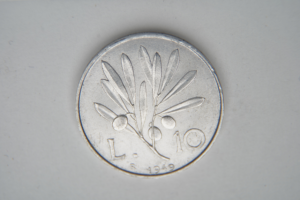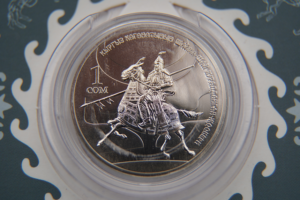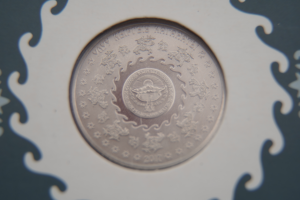Losses of army horses during the World War I.
Obverse of the coin.
Big size of reverse of the coin.
More information
Losses of army horses during the World War I.
So here we have the Manx crown, nominal – 1. The year of issue of this coin is 2014, mint: British Pobjoy Mint, Tedward, England. The coin is dedicated to the 100th anniversary of World War I. Army horse.
Battle losses of horses were approximately 25 percent of all war-related equine deaths between 1914 and 1916. Disease and exhaustion accounted for the remainder. The highest death rates were in East Africa, where in 1916 alone deaths of the original mounts and remounts accounted for 290% of the initial stock numbers, mainly due to infection from the tsetse fly.
On average, Britain lost about 15 percent (of the initial military stock) of its animals each year of the war (killed, missing, died or abandoned), with losses at 17 percent in the French theatre. This compared to 80 percent in the Crimean War, 120 percent in the Boer War and 10 percent in peacetime.
During some periods of the war, 1,000 horses per day were arriving in Europe as remounts for British troops, to replace horses lost. Equine casualties were especially high during battles of attrition, such as the 1916 Battle of Verdun between French and German forces. In one day in March, 7,000 horses were killed by long-range shelling on both sides, including 97 killed by a single shot from a French naval gun.
By 1917, Britain had over a million horses and mules in service, but harsh conditions, especially during winter, resulted in heavy losses, particularly amongst the Clydesdale horses, the main breed used to haul the guns. Over the course of the war, Britain lost over 484,000 horses, one horse for every two men. A small number of these, 210, were killed by poison gas.
Object data
Title
Losses of army horses during the World War I.
Artist
Obverse: Ian Rank-Broadley.
Founder
British Pobjoy Mint, Tedward, England.
Date
2014.
Culture
Isle of Man.
Medium
Copper-nickel.
Dimensions
28.28x38.6x3.17.
Classification
Coin.

